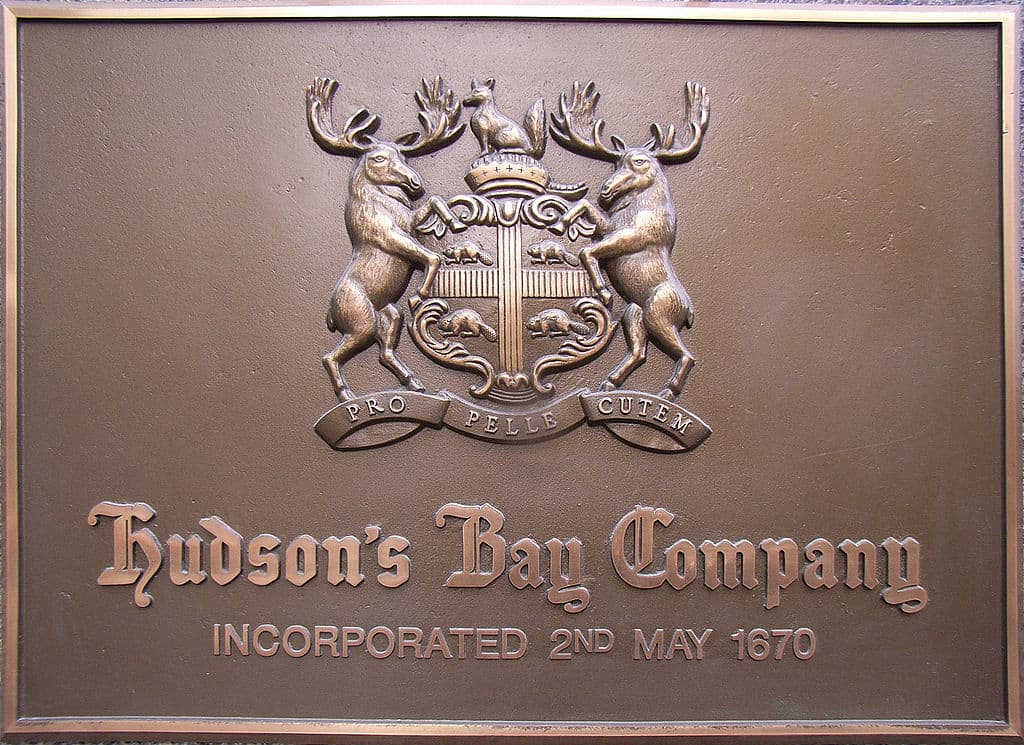The retail segment has been one of Mr. Market’s victims this year, and Canada’s oldest retailer Hudson’s Bay Co. (TSX:HBC) has not been exempt from the list. The company has just announced it will be laying off 2,000 employees as part of a reorganization due to continued underperformance and reduced profitability of late.
HBC reported that it lost $221 million in Q1 2017, more than doubling the first-quarter loss from last year of $97 million on margin and cost pressures in the current environment. In this past quarter, HBC took in $3.2 billion in revenue, approximately 3% lower than Q1 2016’s total of $3.3 billion. On the news, the company’s stock price traded lower by approximately 1% following a downward trend in 2017 in which the company has lost more than 25% of its market capitalization on an industry-wide sell-off felt by HBC and competitors alike.
With the rise of e-commerce and an increasingly challenging and competitive retail market, large bricks-and-mortar retailers are finding that cutting costs and more aggressively investing into non-traditional sales channels may be the only way to survive the online onslaught in the long term. Over the next year, HBC has indicated the cuts it has committed to should translate into approximately $125 million in savings, close to the additional amount the company lost this quarter year over year.
Trimming expenses and redirecting funds to e-commerce are moves many investors have expected; however, it remains hard not to be critical of these moves so late in the game compared with companies that have been investing heavily into such platforms for years or decades.
Bottom line
In my opinion, HBC has quite the upward climb ahead. With the focus shifting more and more to e-commerce, the trouble I have with the company’s business model is a lack of a real differentiator between many of the products HBC sells compared to its competition. In particular, the business’s focus on selling third-party brands to consumers, with HBC typically representing one of a number of companies carrying such brands, I am having a hard time reconciling what sort of value HBC will be able to provide consumers looking for a Hugo Boss dress shirt, when such an item can be found at dozens of places.
If HBC had a stronger private-label presence, perhaps I would be less concerned; however, at this stage, it is clear that investors are taking notice and many are simply moving on to other growth industries with better prospects.
Stay Foolish, my friends.








